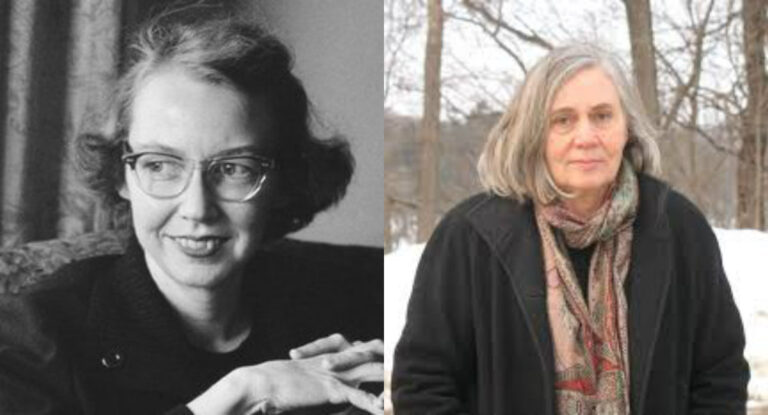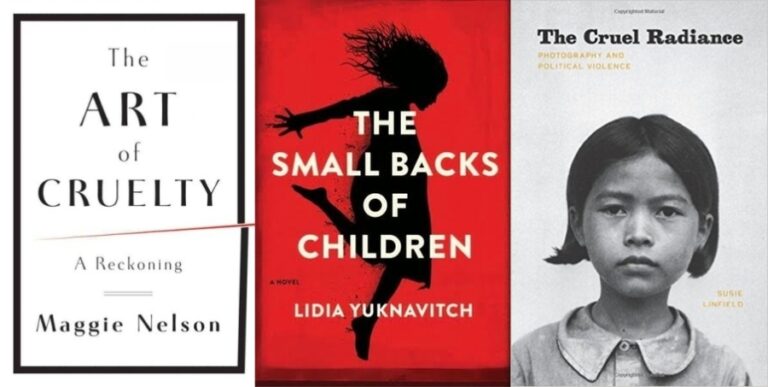On Reading Diaries: It’s Not Just for Pesky Little Brothers
We were in our green Ford Aerostar, my high-school self trying to engage my parents in a serious discussion, when my brother began quoting, softly at first, lines from my diary. The kinds of lines you write for yourself, lines that are embarrassing and incriminating when recited out loud by an obnoxious sibling.
You want to know what those lines were, don’t you? Well, that’s the power of the diary.
I stumbled into the Diaries and Letters of Marie Belloc Lowndes 1911-1947 by accident. I’d been hunting for an appropriate 100-year-old read for the month of October, something slightly spooky, and I landed on her collection, Stories in Love and in Terror. Her diaries were shelved right beside it, and I picked them up as an afterthought.
The stories, it turns out, were the perfect smash-up of Halloween and Valentine’s Day. Even with a century on Lowndes’ slightly twisted love stories, I still had that cold heartbeat that comes from the macabre—or advancing macabre—into a character’s life.
And after finishing the stories, I wanted to know more about her. Who was this woman who sent her characters off to die in sunken submarines or had them wrestle out how to love a madman?
Diaries and letters are like the behind-the-scenes extras after movies. We’re desperate to know about the authors who have moved us in some way—poked at a secret, untangled a feeling. We don’t know them personally, and yet they hold power. They have moved us. It’s unsettling.
But it’s a bit easier if we can fasten ourselves to something real in the author. Some hard knowing: what’s autobiographical, what’s not; who they knew, who they wanted to. Their vulnerabilities.
Lowndes had, as her daughters write in the preface to her diaries, a
searching knowledge of the human heart. Her many novels of crime, immensely popular in her lifetime, were based on the fact that our life is, or was, conducted on the assumption that murder will not be committed and they depict the reactions of ordinary persons to sudden violence in their own circle. Some sinister happening is dropped, like a stone thrown into a pool. The reader soon knows who is guilty, and so watches the reactions of the people in the story, with an ever deepening sense of horror and suspense.
Lowndes’s favorite dinner conversations involved dissecting local crimes and criminal trials (often with the literary elite of her day). Over lunches her circles dissected love—old, new, hidden, thwarted. And she very much enjoyed mulling over the supernatural and unexplainable. She even lived, by her accounts, in a haunted house. It’s no wonder her fiction took the shape of psychological thrillers.
 Her most popular work, about the Jack the Ripper murders in 1888, has been adapted to film five times, beginning in 1927 with Alfred Hitchcock. “The story of The Lodger is curious,” she writes, “and may be worth putting down if only because it may encourage some fellow author long after I am dead. The Lodger was written by me as a short story after I heard a man telling a woman at a dinner party that his mother had had a butler and a cook who married and kept lodgers. The were convinced that Jack the Ripper had spent a night under their roof…. When The Lodger was published, I did not receive a single favorable review.”
Her most popular work, about the Jack the Ripper murders in 1888, has been adapted to film five times, beginning in 1927 with Alfred Hitchcock. “The story of The Lodger is curious,” she writes, “and may be worth putting down if only because it may encourage some fellow author long after I am dead. The Lodger was written by me as a short story after I heard a man telling a woman at a dinner party that his mother had had a butler and a cook who married and kept lodgers. The were convinced that Jack the Ripper had spent a night under their roof…. When The Lodger was published, I did not receive a single favorable review.”
But Ernest Hemingway sure loved it. She recorded his compliments, too, perhaps to encourage herself: “Miss [Gertrude] Stein loaned me The Lodger, that marvelous story of Jack the Ripper. They were both splendid after-work books, the people credible and the action and the terror never false. They were perfect for reading after you had worked and I read all the Mrs. Belloc Lowndes that there was…. I never found anything as good for that empty time of day or night…” I imagine her smiling to herself as she finished copying out that last line, resting her chin in her hand and listening for the ghosts that lived in her basement, rattling themselves to attention or the chaos of an argument in the street outside her window—all of it fuel for her fiction.
She was, as I’ve come to understand from her diaries and letters, an ardent observer of the human heart, with all its twists and turns and unspoken longings.
So perhaps my brother (though I’d never actually admit it to him) was onto to something with his forays into my diary. Diving into another’s life experience, seeing how he or she allowed people and events to shape them and their creative work is an addictive, sacred thing.
By the way, can now download The Lodger for free if you have a Kindle reader. Do it. Happy Halloween.


